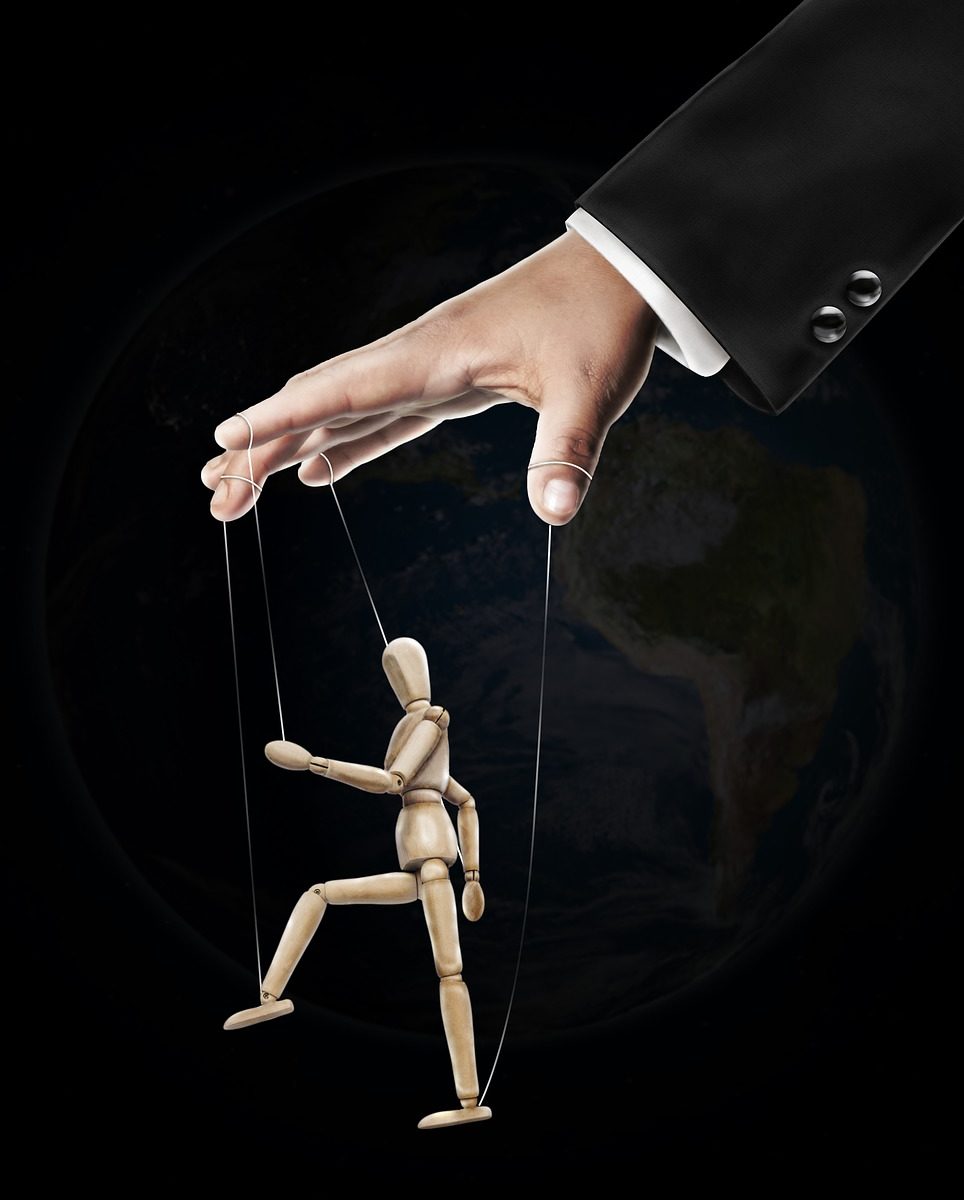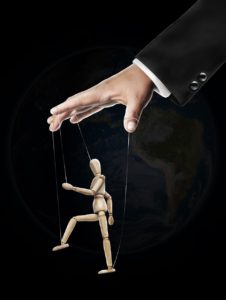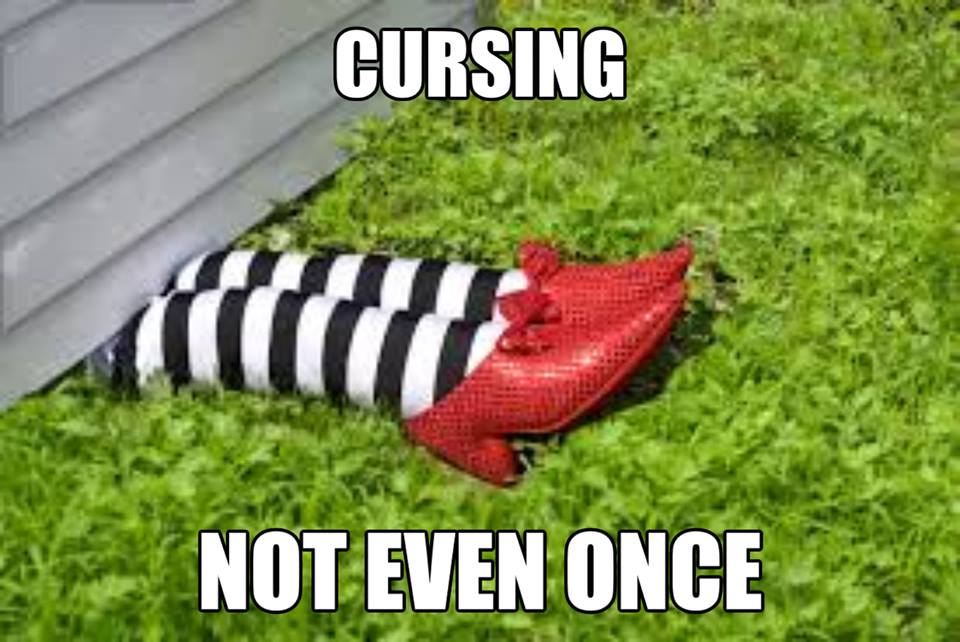In the previous two posts of this series, I discussed what you can do to minimize the likelihood of getting seriously attacked, and how to diagnose a curse or attack. In this post, I’m going to take a look at the less-discussed aspects of dealing with and surviving magical attack.
First of all though, I’d just like to clarify something here. The kind of magical attack I’m talking about here is the more serious kind, the kind that goes beyond a simple case of the evil eye. Now I realize that a lot of people don’t believe in this more serious kind of curse and generally look to psychology for explanations. Thankfully, relatively few practitioners from WEIRD cultures have experienced the kind of magical attacks that can truly destroy your life. And for those of you who have never experienced this, I truly hope you never do. I’m not going to argue about the existence of this, you can either take this seriously or not.
But if you have experienced this kind of thing, or simply take magic seriously enough to recognize its potential for completely fucking up your shit up to and including taking your life, then read on.
There’s been a lot written in various places about how to respond to curses in terms of getting it off you, uncrossing, protection, amulets, and magical counter response. However, there’s a lot of stuff I haven’t seen discussed about magical attack -stuff I consider important to management and survival -so that is what I’m going to discuss here.
The Fear Response
For most people who find out that they’ve been cursed, or are the subject of a magical attack of some kind, the most common response is fear. This is completely normal. For someone who hasn’t experienced this kind of thing  before, it can be one hell of a wake-up call to realize what others can do to you, your loved ones, and your life with magic. And for those of us who’ve been through the mill a few times, it can be triggering because you remember how fucking awful it was all those other times.
before, it can be one hell of a wake-up call to realize what others can do to you, your loved ones, and your life with magic. And for those of us who’ve been through the mill a few times, it can be triggering because you remember how fucking awful it was all those other times.
However, the hard truth of it, is that you cannot give in to that fear. Because it’s too easy to make stupid moves, and at a time when you really cannot afford to do so.
So the first step to keeping your shit together when you’re on the receiving end of some magical whammy, is to recognize the fear. Take some time to sit with it (but not too long), lean into it and find out where its roots lie.
Then put that shit aside for later. You haven’t got time for that right now.
Attacks Are Often Multilayered
In the majority of cases, ‘curses’ are generally more rightly thought of as “multilayered campaigns”. You see, people who want to take you out tend to not stop with simply fucking up your luck and your health, or messing with your dreams, or whatever.
They will attack you on multiple fronts (if they can), and some of those attacks will fall more into the “curse” category, while others will fall into the “psychic attack” category. They may even bind spirits and send them after you, and you need to also realize that they will probably come after your family too.
Fucking horrible, right?
But if someone has decided that you are sufficient enough of a threat to their ego, then nothing in their capacity is ‘off the table’. I mean, let’s get this straight: there is no such thing as honor here, it’s down and dirty shit-flinging. And even if you have cleared or gotten free of the main attack, you will probably find other minor fronts coming to light months down the line.
So recognize that this is likely not going to be a ‘one working and done’ kind of deal. If they have launched a campaign, then you are fighting a campaign, and you need to plan accordingly.
You May Need Help (And There’s No Shame In That!)
Unfortunately, being able to set aside the fear and recognize the breadth of the campaign being waged against you, is no guarantee that you’ll actually be able to fight it. Remember all those things I mentioned in my last post? Well a  lot of them like that feeling of helplessness, sapped energy, and decline in mental (and physical health) can all affect your ability to respond. Depending on what has been done to you, you may not even be able to do anything at all!
lot of them like that feeling of helplessness, sapped energy, and decline in mental (and physical health) can all affect your ability to respond. Depending on what has been done to you, you may not even be able to do anything at all!
To make matters worse, a lot of witches tend to take pride in being able to handle things alone. But don’t fall into that here – this isn’t the time for more ego. If you find yourself in this situation you need to reach out and get help. And the chances are that if you’re involved in your local community enough to cop an attack, you already know someone in your community that you suspect could and would help you.
Just be aware that you may have some difficulties getting to meet or communicate with your potential help. The spirits involved in curses will often take measures to prevent the subject of their nastiness from escaping. If you find yourself in this situation, it’s the ideal time to dig out any older amulets you have lying around. Depending on what you have, they may not help with the wider attack, but they may help with the simple issue of getting to your help.
Destroy Connections
One of the least discussed parts of being attacked that I’ve noticed is the matter of connections. Now on one level, when I talk about connections here, I’m talking about connections created by gifting. But on another level, you may have more subtle connections to a person that were either created through working together, or that were planted on you in order to influence, spy, or  drain you.
drain you.
The physical connections are clearly the easiest to sever. Seek out anything they gave you that still feels connected to them (again, you may need help here) and either destroy it or put in some kind of containment for leverage down the line. If it can tie them to you and used by them to affect you, it can tie you to them for the same thing.
As for the subtle connections – this is another area where you will need help. Even if you can deal with the rest of the attack alone, you will need help to get rid of these.
Freeing the Mind
For a bunch of people who basically work to change reality with our minds, breath, bodies, incantations, and wills, we often forget our minds in our training, our work, and in surviving magical attack.
If you are subject to magical attack and the person wants to let you know it without directly saying it, they will work to keep themselves front and center in your consciousness. This is incredibly empowering for them, because on one level it helps to build upon the fear and feelings of helplessness their previous  work has created. However, on another, it’s still giving them access to your mind.
work has created. However, on another, it’s still giving them access to your mind.
This is something you need to resist; but how?
After all, it’s not like you can pretend they don’t exist or what are you fighting against? The key to this is figuring out the right level of access. Sounds confusing, right?
Try imagining your mind like an onion of many layers. Now think about where certain people in your life are in the onion -see your nearest and dearest in the central layers as clearly as you can before moving outwards from the center and mapping where different people fall in the layers. One of those layers should be some kind of defense that is impermeable from the outside, and it’s in the layers beyond that where any enemies should sit in your mind. If you find your enemies within that barrier, or yourself without a barrier, then you need to do some evicting.
Your goal is to be able to talk about them and think of them with no more weight to their names and faces than you would give turd you scraped off your shoe.
Tu Quoque
Finally, you need to realize that if you send things back to them, then you are sending them exactly the same as they originally meant for you, and you need to be ok with that. You need to really walk through the ethical and moral implications of it and figure out if you’re good with it or not. The morals of witchcraft are the morals that each individual witch carries. So work deliberately. Because it doesn’t matter that they started it, you are choosing to take the same action and will be just as responsible for the ensuing consequences.
Which all sounds easy to live with when you’re angry. But could you really live with something that (for example) was targeting your kids, targeting other children?
See what I mean?
Just…be aware of the scope of what you choose as a response before you do it, and recognize that you will have to live with whatever rolls out from that course of action.


 exceedingly terrifying; and the earliest proponents – two Austrian exiles attending a meeting in late 1930s Paris had certainly seen plenty of the exceedingly terrifying. So it’s not hard to understand their aversion to anything that smacked of collectivism. I do not mean to paint these men with too much sympathy though, and the reasons for this will become clearer as I go on.
exceedingly terrifying; and the earliest proponents – two Austrian exiles attending a meeting in late 1930s Paris had certainly seen plenty of the exceedingly terrifying. So it’s not hard to understand their aversion to anything that smacked of collectivism. I do not mean to paint these men with too much sympathy though, and the reasons for this will become clearer as I go on. letter. Deregulation was pushed so as not to impact the efficiency of industry. Public health and education were privatized and dismantled as much as possible. Special efforts were taken to break the collectivism of the trade unions (and the threat they posed to the
letter. Deregulation was pushed so as not to impact the efficiency of industry. Public health and education were privatized and dismantled as much as possible. Special efforts were taken to break the collectivism of the trade unions (and the threat they posed to the  position fiercely. How often is it presented
position fiercely. How often is it presented 








 Addicts, that’s who. Like I said above, those baneful magics are as bad as meth, and just like meth, you can literally get your hands blown off cooking it up.
Addicts, that’s who. Like I said above, those baneful magics are as bad as meth, and just like meth, you can literally get your hands blown off cooking it up.